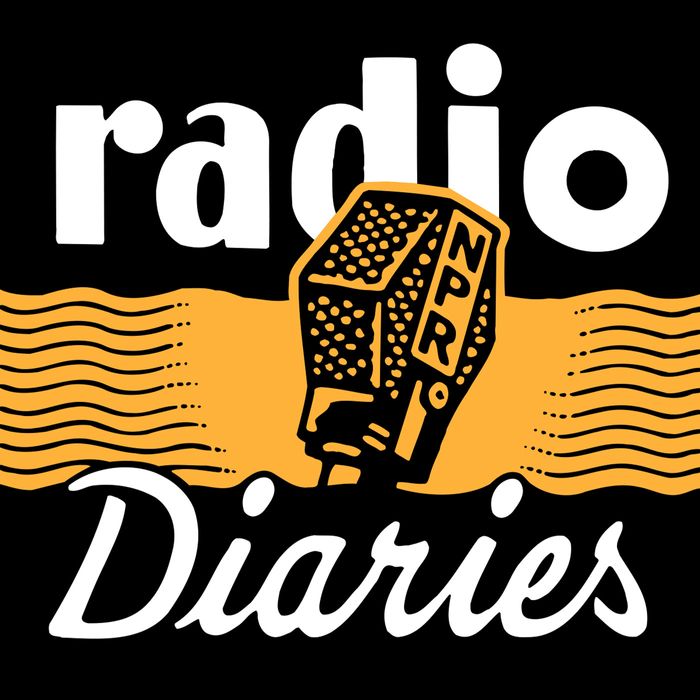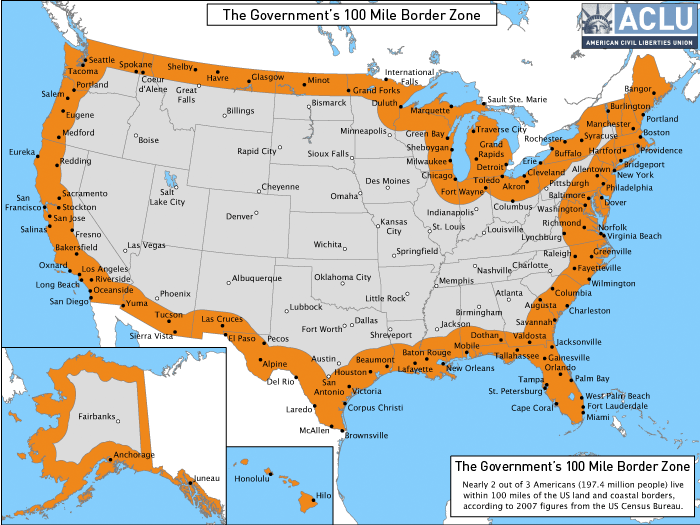Doug Henwood, who I’ve seen speak a few times recently and host of the excellent radio show Behind the News:
For a while, I’ve been thinking about writing a piece on how NPR is more toxic than Fox News. Fox preaches to the choir. NPR, though, confuses and misinforms people who might otherwise know better. Its “liberal” reputation makes palatable a deeply orthodox message for a demographic that could be open to a more critical message.
Doug’s post is not so much about NPR, but a response to Adam Davidson who is co-host of the show Planet Money. Davidson’s recent piece in the New York Times Magazine argues for the benefits of American-style finance.
Davidson apparently hasn’t read up on the comparative international mobility stats (e.g., this). He writes: “One of the most striking facts of life in countries without a modern financial system is the near total absence of upward mobility.” In fact, the U.S. has a middling-to-poor standing on mobility in the international league tables. A country like Germany, where consumer finance is relatively underdeveloped, is more mobile than the U.S. The Nordic social democracies show the most mobility of all. Oh, and student debt, now breaking the trillion dollar mark? Nothing to worry about, says Davidson: it’s “largely changed America for the better.” Actually, the rising price of higher ed is making it harder all the time for the working class to go to college. Watching millions graduate with five figures of debt into a miserable job market doesn’t evoke a better America. College should be free.
First, I agree that college should be free, and with most of Doug’s other complaints. But here I would like to write a little about NPR, since I agree that it’s misunderstood as a fundamentally progressive news source. Like the New York Times, there is plenty of good (progressive) journalism coming out of a largely pro-corporate framework. NPR gets far more of its funding from corporate underwriting than from the US government (although its largest source is individual contributions). Having a bias is okay, and corporate partiality might reflect an American public that still has faith in corporate brands, despite the many reasons for concern. NPR, like any news source, will likely reinforce its listeners’ existing beliefs.
There are very good shows on NPR and ones that I can’t stand. For an example of good coverage of globalized labor, take the recent episode of This American Life, Mr. Daisey and the Apple Factory. If you haven’t heard it already, stop reading this and give it a listen. It’s compelling and heartbreaking as a story, and also includes a useful follow-up segment with further analysis.
This episode is one of many “explainers” that This American Life is so good at, one of which led to the creation of Planet Money itself. But this is just one story that’s complemented by other sources, such as links from John Gruber and Edward Burtynsky’s photography of Chinese factories. None of these sources can be expected to tell the complete story, like the parable about the blind men and the elephant.
Perhaps the lesson here is that it’s incumbent on the modern citizen to diversify one’s own sources of information. Relying exclusively on NPR will lead to the same kind of stilted worldview you’d expect from someone who only watches Fox News. This is what the Internet is great at! I try to get the most out of a variety of blogs, podcasts, and aggregators, trying to cultivate sources that might lead to further discoveries. Some of these leave me frustrated and disappointed from time to time (e.g., Left Right & Center’s non-coverage of the NDAA). I grab links from Twitter and Facebook, I skim and skip and unsubscribe ruthlessly, and I try not to allow myself to get overwhelmed.
In case you’re curious, here are my blog and podcast subscriptions, in OPML format:
You should be able to import these into Google Reader, iTunes, or whichever other tools you prefer. I’d love to hear what your favorite sources are.

